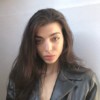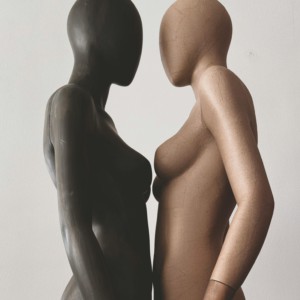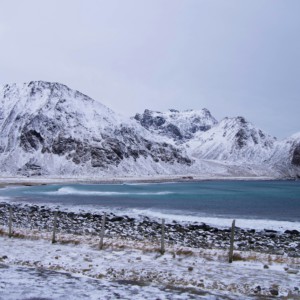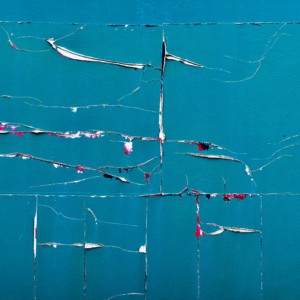Poetry as Apocalypse in Language Studio
Unveiling the unseen for revelatory, experimental poetics.
“A poem is essentially embedded in a matrix of silence. So that even if the words celebrate what is, each line end acknowledges what is not.” – Rosmarie Waldrop
Language is a raw and living material, which allows for constant renegotiation, in line with the various, ever-changing narratives around us. This course invites us to engage with language as a transformative substance, prone to be moulded and carved to unlock self-expression.
Using this framework, we’ll approach the concept of Apocalypse from its etymological origin: from the Ancient Greek “apokálypsis”, meaning “uncovering”, which is itself a derivative of the verb “apokalýptein”, meaning “to take the cover off”, “to unveil”.
Our intention will be to uncover these “apocalyptic” occurrences that go unheard within language, and our everyday lives. Following this thread, students will be encouraged to explore what lies unseen within themselves, and their writing, and experiment with producing new poems that unlock moments of revelation and self-determination.
We will explore poetry as a palpable material, through which personal and communal experiences can be unearthed, reframed, and transformed; we will look at how poetry sits at the intersection between sense and opacity, meanings and visions, recognition and the unsaid, permanence and elusiveness; and use these literary experiences as ways into writing experimental poems.
A selection of inspirational etymologies will be shared with students to encourage different approaches to thinking about language and how we might use these tools in our own writing. Along the way, we will explore textual work, stimulating readings, and visual artworks, such as Michelangelo Buonarroti’s sculptures, alongside Symbolist and Surrealist work, as we create poems that seek to encounter the unspeakable.
A selection of texts and poems by authors such as Etel Adnan, Clarice Lispector, Sappho, bell hooks, Annie Ernaux, Bernadette Mayer, Kathy Acker, Hélène Cixous, Eileen Myles will accompany the course, with an emphasis on the disclosing and breakthrough potential of these unconventional voices.
Studios are 4-week intensive courses. Reading material will be distributed before the course begins. There are no live chats so they are suitable for both UK & International students.
Concessions & Accessibility
To apply for a concessionary rate, please send relevant documentation showing your eligibility for one of our concessions to [email protected]; conditions of eligibility are detailed here. If you have any questions, wish to be added to the waiting list of a sold-out course, or require any form of adjustment to access our courses, please email [email protected]. For more information visit our Online Courses page.
Image credit: @didss
About Giulia Ottavia Frattini  View Profile
View Profile
Giulia Ottavia Frattini is a poet and writer currently based in Berlin. She studied Art Communication and Didactics at Brera Fine Art Academy in Milan and pursued Advanced Studies in Curating at Zurich University of the Arts. Her practice lies at the intersection of writing, visual culture, and critical theory. She intends language as the essential medium through which individuals and subjectivities inhabit the perpetual “now”.
In her writings, she deals with the experience of identity definition and self-determination, exophonic writing, the physicality of language, and anti-narrative textual forms. Her words have appeared in several outlets, including single-poem publications, interviews in art magazines, and hybrid contributions. In 2023, she was selected as a Visiting Teaching Artist at the Poetry Foundation. The same year, she self-published a poetry chapbook titled CHRYSALIS in limited printing.
"Poetry School's impact is wide ranging: the continued development of the student as writer; the continued honing of previous work, and the creation of new work."
 Kiss Kiss Studio
Kiss Kiss Studio ‘True North’ Studio
‘True North’ Studio Drawing Language: Experimental Scores, Drawings, & Asemic Writing Masterclass
Drawing Language: Experimental Scores, Drawings, & Asemic Writing Masterclass